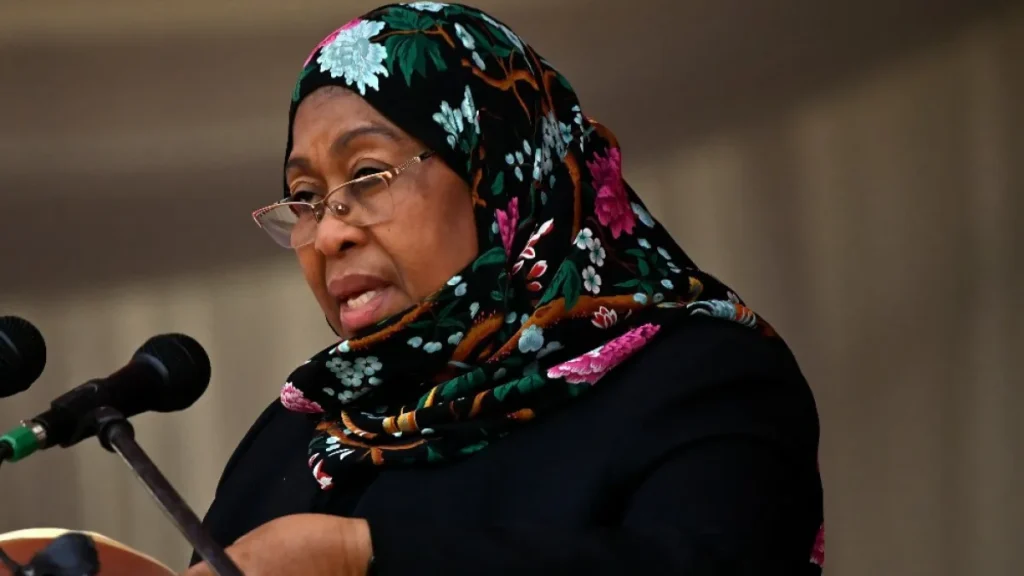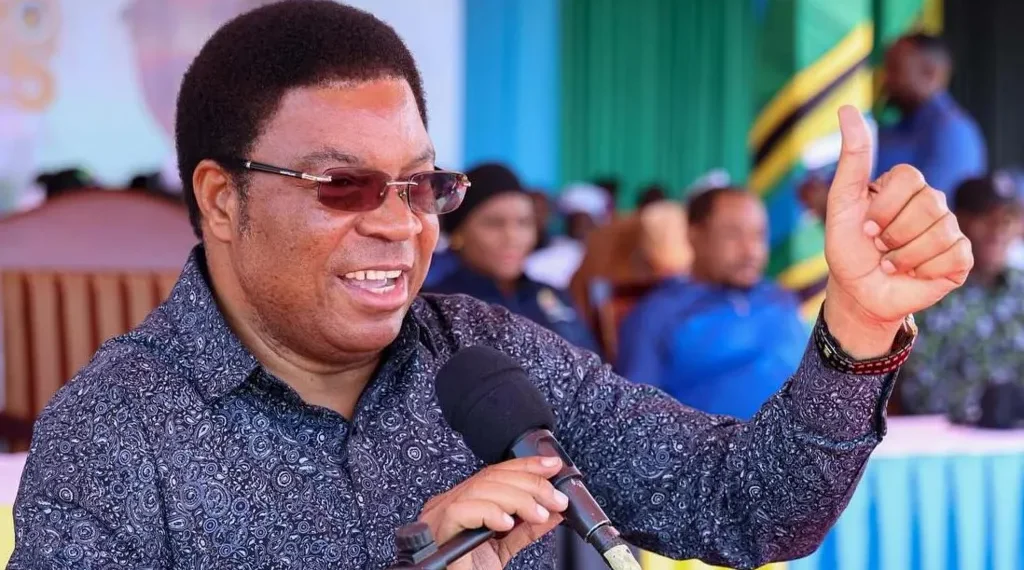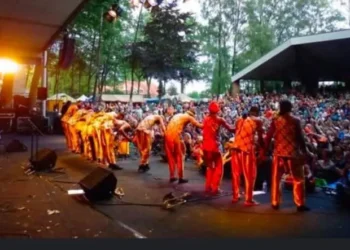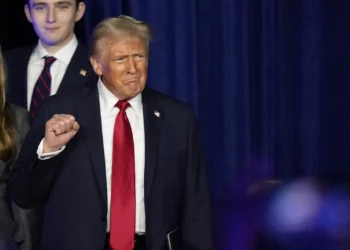Tanzania’s Prime Minister Kassim Majaliwa has announced he will not seek re-election in the upcoming parliamentary polls, a surprise move that effectively rules him out of a possible reappointment as premier. The declaration marks a dramatic reversal after the veteran politician had just a week ago reaffirmed his intention to defend his Ruangwa seat for a fourth time in October.
Majaliwa, 64, made the announcement during a public statement, attributing the decision to divine guidance. “It is time to give others the opportunity to unite and build on the development foundation we’ve established,” he stated, offering no further explanation for the sudden change in plans.
His exit comes after more than a decade of representing the Ruangwa constituency, a coastal region he has served since 2010. The decision has ignited widespread speculation about possible internal tensions within the ruling Chama Cha Mapinduzi (CCM), particularly as it follows just months after Vice-President Philip Mpango also declared his retirement from politics.
Majaliwa was appointed Prime Minister in 2015 by the late President John Magufuli and retained the role under President Samia Suluhu Hassan, who assumed leadership in 2021 following Magufuli’s sudden death. He was once seen as a potential presidential contender, particularly during the uncertain political transition that followed Magufuli’s passing.

Despite withdrawing from the electoral race, Majaliwa has pledged continued loyalty to CCM and expressed full support for President Samia’s bid to secure another term. In Tanzania’s political system, the prime minister is selected by the president from among sitting MPs and is responsible for leading government business in parliament.
Majaliwa, a former teacher and junior minister under President Jakaya Kikwete, built a reputation as a low-profile yet effective leader. He was widely credited for ensuring a peaceful transition of power after Magufuli’s death, steering the government through a politically sensitive period.
President Samia Gains Political Ground
With both Majaliwa and Mpango stepping aside, political analysts believe President Samia now has more room to restructure the CCM’s upper ranks and prepare her team for a potential second term. Some experts suggest the exits are calculated moves aimed at achieving religious balance within Tanzania’s leadership, as both departing officials are Muslim in a country with a Christian majority.
Nicodemus Minde, a political commentator, said that the departure might reflect Samia’s strategy to engineer greater representation and cohesion at the executive level. “Something must have pushed him to change his mind about running again for the seat. He has served for 10 years as a prime minister, maybe he feels that is enough.”
The general elections, which include both presidential and parliamentary contests, are expected to take place later this year. CCM, the party in power since 1977, is widely expected to retain control, although political tensions are mounting.
The main opposition party, Chadema, has already been barred from the race after refusing to sign a government-enforced code of ethics, citing the need for comprehensive electoral reforms. Chadema’s leadership has faced a growing crackdown, with arrests, abductions, and even political murders fueling concerns among rights groups.
President Samia, who was initially lauded for loosening restrictions imposed during the Magufuli era, is now under growing scrutiny. Critics accuse her government of backsliding on human rights and reverting to heavy-handed tactics against dissent.
In a recent development, government spokesperson Gerson Msigwa on Thursday denied reports of an alleged plot to poison jailed opposition leader Tundu Lissu, who is facing treason charges. The claims, raised by Chadema officials, were dismissed as unfounded.
“The Tanzanian authorities have never had any plan to poison any individual in custody, nor do they have any intention of doing so to anyone,” Msigwa stated, warning that the government would act against those disseminating “false” reports.
Authorities insist the actions taken against opposition leaders are necessary to preserve national peace and order, a claim that continues to be hotly contested by international observers and domestic critics alike.
READ ALSO: House Republicans Advance Trump’s Big Beautiful Bill



















